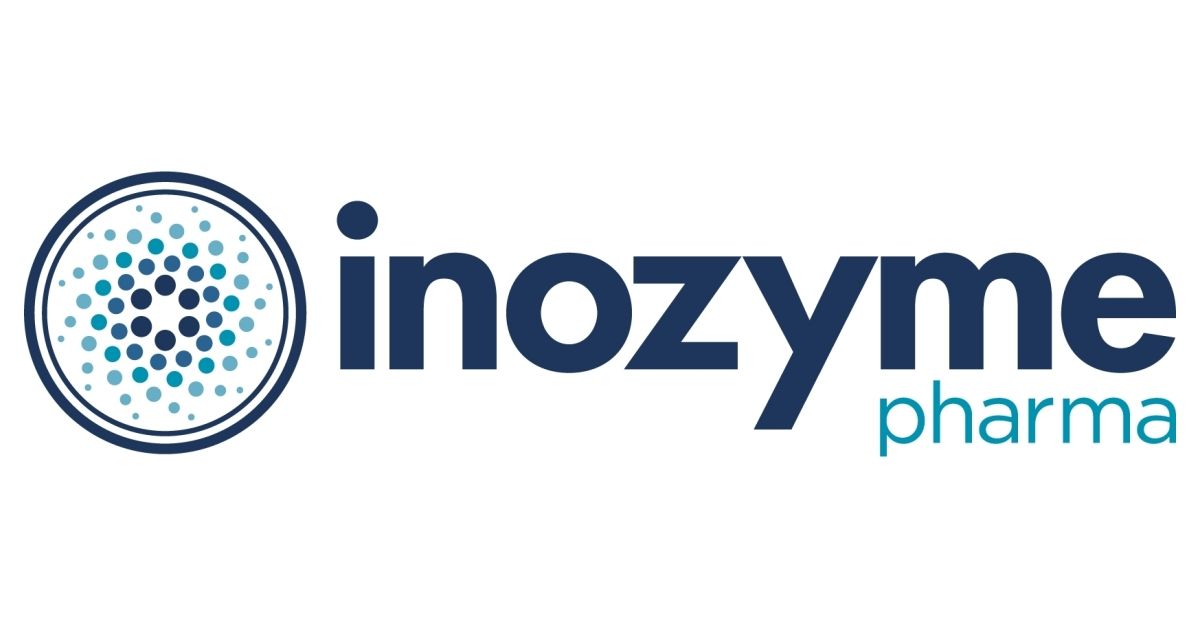Clinical Trials Begin for Enzyme Replacement Therapy in ABCC6, ENPP1 Deficiencies
Positive preliminary biomarker data were reported from the first cohort in the phase 1 portion of the trial.

A phase 1/2 trial began with the first patient being treated for abnormal mineralization with INZ-701. The trial will focus on the effects of Inozyme Pharma’s INZ-701 on adults with a rare ABCC6 gene deficiency. The second cohort has already completed enrollment for adults who are ENPP1 deficient.
INZ-701 is an enzyme replacement therapy in development at the clinical stage. It serves to treat mineralization disorders of the circulatory system, bones, and kidneys, and has displayed potential to generate PPi and restore it to its necessary physiological levels. As a result, calcification is prevented from occurring in the vasculature and kidneys all while bone mineralization is normalized.
The rare disease pharmaceutical company is developing this therapy for specific rare, life-threatening, and devastating genetic disorders in which PPi levels are below the normal levels as in ENPP1 deficiency and ABCC6 deficiency.
“In preclinical models of ABCC6 Deficiency and ENPP1 Deficiency, INZ-701 increased plasma pyrophosphate (PPi) levels and prevented soft tissue calcification, a key manifestation of both conditions,” Axel Bolte, MSc, MBA, Co-Founder, CEO, Inozyme said in a statement. “We expect to report preliminary biomarker and safety data from our ABCC6 Deficiency trial in the second quarter of 2022 and topline data from the ENPP1 Deficiency trial in the second half of 2022.”
The Trials
The ongoing open-label clinical trial is expected to enroll up to 9 adult patients who live with the ABCC6 deficiency from the US and Europe. The safety and tolerability of INZ-701 in this population is the primary assessment.
Investigators are also aiming to characterize the pharmacokinetic and pharmacodynamic (PD) profile of the treatment. This includes evaluating plasma PPi levels along with other biomarkers.
Positive preliminary biomarker, safety and pharmacokinetic (PK) data from the first 3 patients who make up cohort 1 in the phase 1 portion of the trial were reported. All 3 patients that received 0.2 mg/kg of INZ-701 displayed rapid, significant, and sustained increases in PPi levels.
For the phase 1 dose escalation portion of the trial, assessment takes place for 32-days at doses of 0.2 mg/kg, 0.6 mg/kg, and 1.8 mg/kg, administered via subcutaneous injection twice weekly with 3 patients per dose cohort.
The objective of the phase 2 extension is to evaluate the long-term safety, pharmacokinetics, and pharmacodynamics of continued treatment with INZ-701 for up to 48 weeks. Depending on site-specific protocols, patients may receive doses at home.
Evaluations of vascular, ophthalmologic, physical function and patient-reported outcomes will be included in the exploratory endpoints.